30 May 2022
Behind every successful athlete is a great coach – this was definitely the case for Team Singapore’s xiangqi contingent that returned with a historic medal haul of one gold, one silver and two bronze medals at the 31st Southeast Asian (SEA) Games in May 2022 in Vietnam. And their head coach was none other than DSTA’s Principal Engineer (Building and Infrastructure) Chow Kim Sun!
We caught up with Kim Sun to find out more about his SEA Games experience, and what got him started on this intense strategy game.
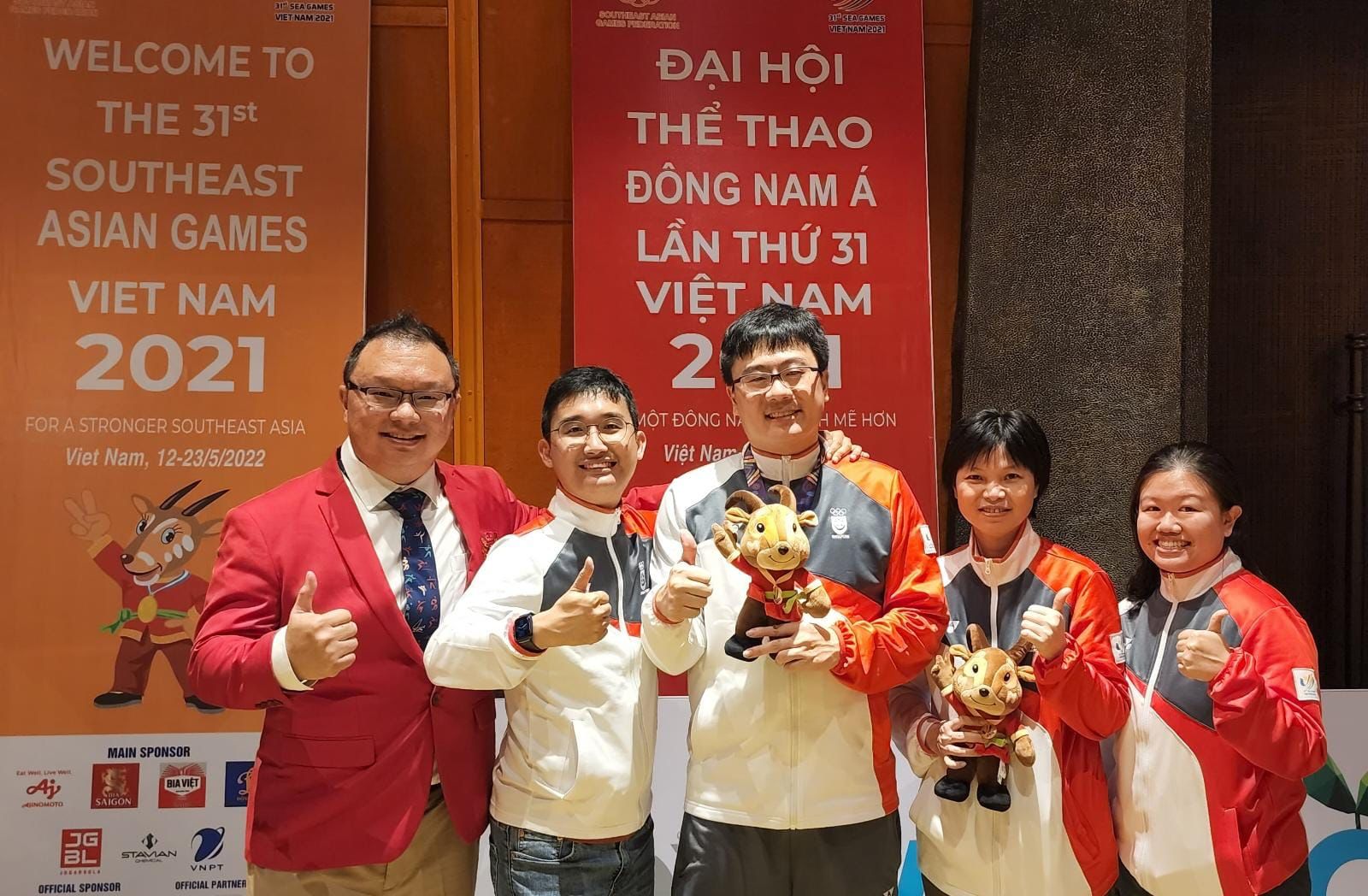
Kim Sun (far left) and Team Singapore’s xiangqi contingent.
Tell us more about your time at the SEA Games!
It was definitely a very fun and exciting experience for me, especially since this was xiangqi’s debut – and mine! – at the SEA Games. I was extremely proud to sing our national anthem and watch our flag fly high at the podium.
There were many nail-biting moments during the competition, with several close shaves where the line between victory and defeat hinged on the next critical move. There was even one game where two Team Singapore female players were pitted against each other, and it dragged on for four hours because they were so evenly matched. When the game finally ended in a draw, everyone just breathed a sigh of relief.
We went to the Games with the target of winning a medal in each of the four events, and I’m very proud that we achieved that goal. We had our fair share of highs and lows going up against stiff competition, but in the end, I feel that my players performed admirably.
What challenges did you and your team face?
As none of us are full-time xiangqi professionals, we had a limited amount of time to train. To maximise our training effectiveness, I implemented a multi-pronged strategy. First, we engaged veteran trainers from overseas to tap their knowledge and sparred with them, which enabled our players to validate what they had learnt. Second, we utilised xiangqi software to help analyse our opponents’ games and playstyles.
Being the head coach and also the team manager, I did my best to keep morale high. I ensured that all of my players had sufficient rest and were free from distractions throughout the competition. I encouraged them constantly, offered words of consolation if they lost a match, and also bought lots of sweet treats for everyone! As such, the team was in good spirits throughout our time at the Games.
Now that the Games are over, we can look back and smile at the good memories we’d created together, and remember that sense of fulfilment in having represented Singapore and doing well for our country.
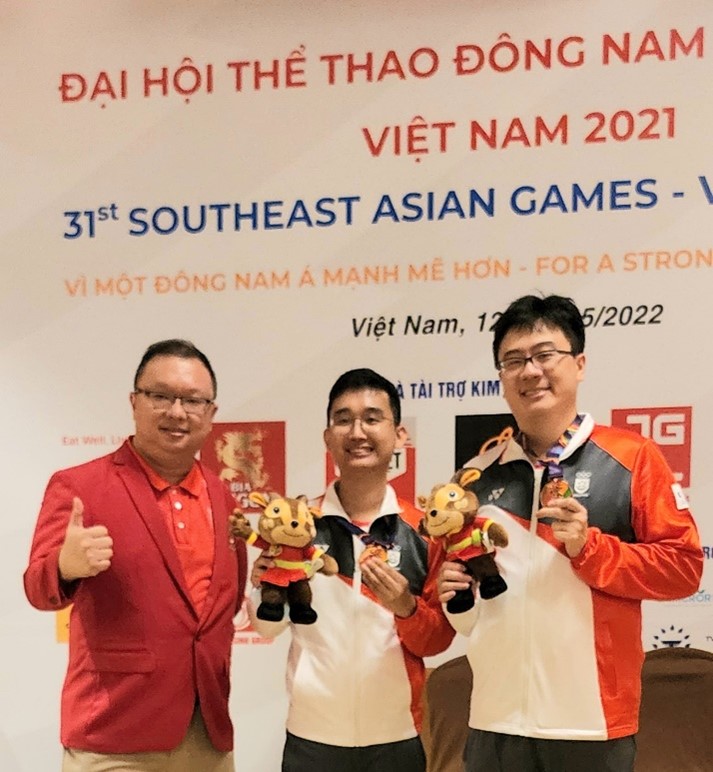
(From left) Kim Sun and Team Singapore xiangqi players Low Yi Hao who won a Silver (Blitz Team) and Bronze (Rapid Team), and Alvin Woo who took the Gold in the men's standard singles event.
What are the contingent’s future plans?
Our next major competition will be the World Xiangqi Championship in October this year. While I won’t be attending it personally, I’m still planning the team’s training programme. We expect a much tougher competition this time as the playing field will be widened to include some of the best professional players in the world, but I’m confident that we will still be able to deliver a strong performance.
Whatever the outcome of this competition, we’ll learn from our experiences, tighten up our training strategy, and emerge stronger for next year’s Asian Games.
What led you to become the xiangqi contingent’s coach for the SEA Games?
I’ve been a part of Singapore’s xiangqi community for years. In fact, I’ve held various positions in the Singapore Xiangqi General Association (SIXGA) since 2014, and I’m currently its vice president.
SIXGA took into consideration my deep knowledge of the game, and appointed me to form a national team and lead our players for the SEA Games. I’ll also be leading the contingent for the Asian Games next year.
How did you balance your work with your responsibility to the xiangqi contingent?
Actually, in the months leading to the SEA Games, I didn’t update my colleagues about my involvement as the training was done during my personal time.
But once I told them that I was going to lead the contingent to Vietnam, all of them got really excited and gave me their utmost support. They checked in on my well-being constantly, and also helped me with my work so that I could fully focus on the Games. They even told me that my trip to the Games as the coach was like performing a national duty for Singapore!
When the xiangqi contingent won, all of them congratulated me heartily – I was even treated to a hero’s welcome back in office!
What got you into xiangqi?
As a kid, I was always curious about this complicated game that older folks in my neighborhood would gather to play daily. Soon enough, they taught me how to play. I would also challenge my brothers at home regularly, and even got some friends to pick up the game during our school holidays.
Even though I’ve been exposed to a wide variety of board games such as international chess, Scrabble, Risk, Cluedo, Othello, and even carrom, xiangqi is still the one I feel most attached to because of my interest in ancient Chinese history, and the fact that I grew up with it.
It’s been almost 40 years since I started playing xiangqi. Time really flies!
How do you keep your xiangqi skills sharp?
During my free time, I’ll log into an online xiangqi platform to play a couple of games. I also make time to practise with my friends in person, and I try to take part in national competitions every year to pit myself against the best players in Singapore. Constant practice is the key to keeping my form and competency sharp.
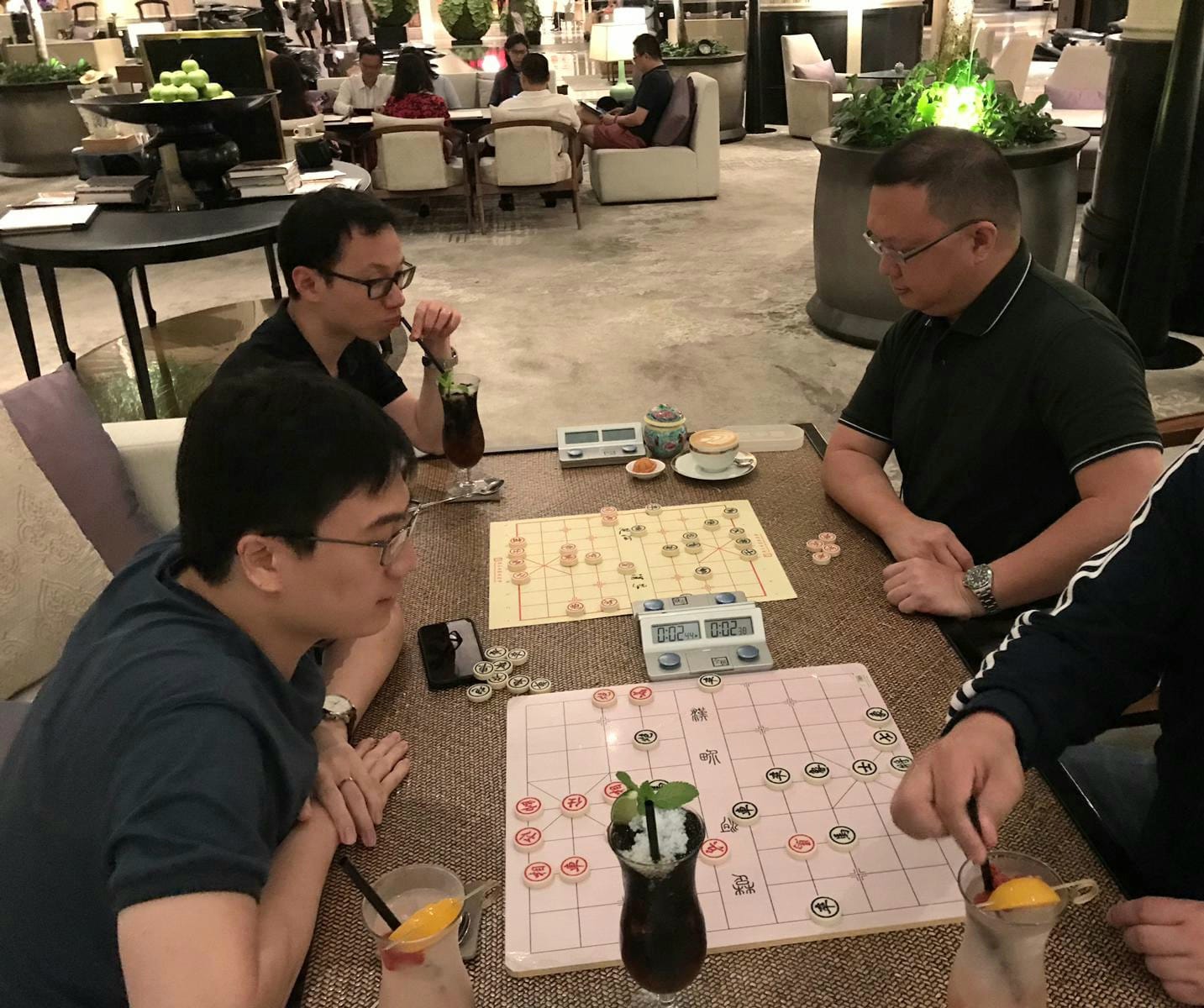
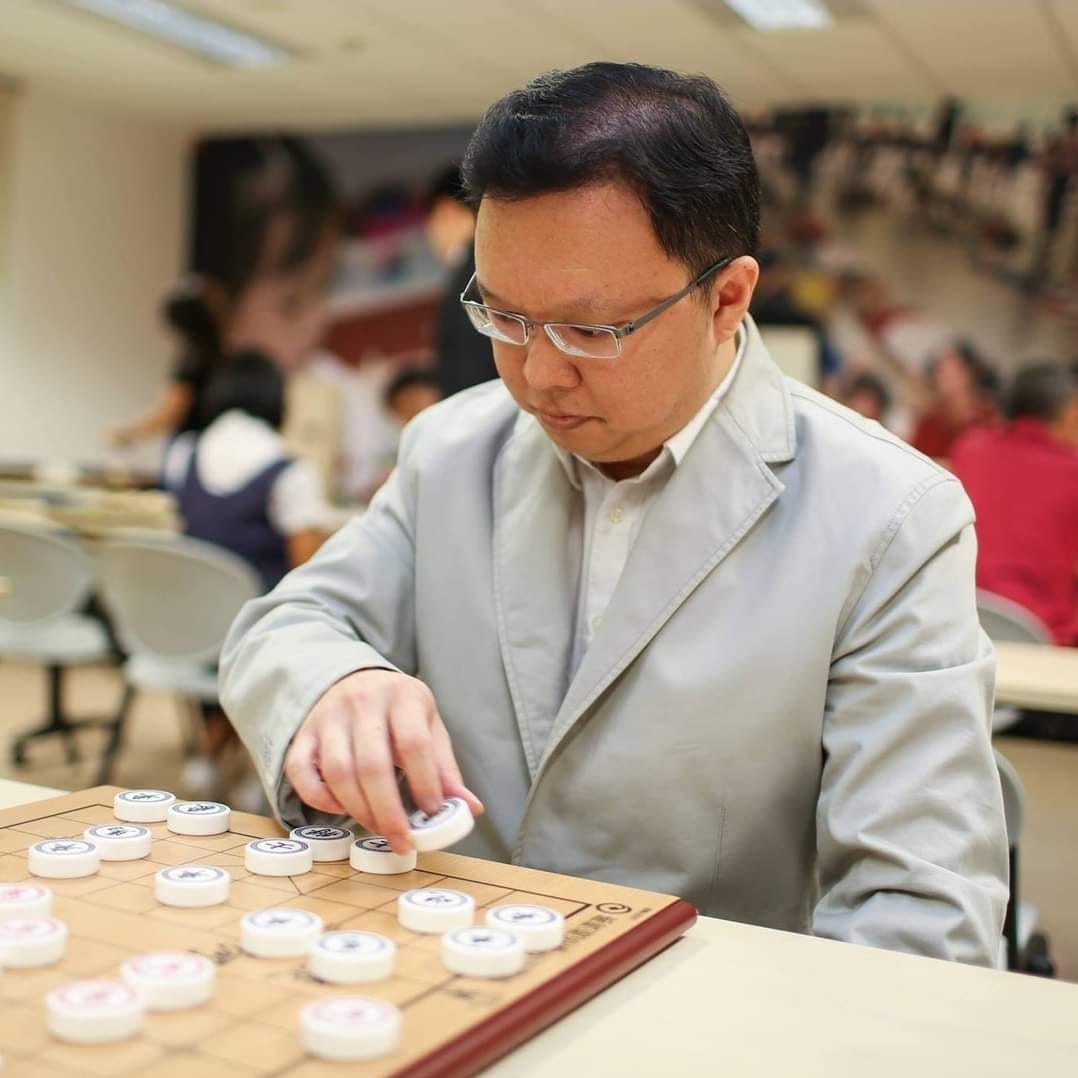
Are there any skills from your work as an engineer that you can transfer to a game of xiangqi, or vice versa?
Xiangqi is basically a game of strategy. Apart from having mental dexterity, a good player must be able plan his moves a few steps in advance while considering various possible scenarios.
This is similar to the decision tree analysis that I often perform at work, which helps me to consider a wider range of options when resolving technical problems. The mental training also helps me keep my cool during tense situations.
Any words you’d like to share with your fellow xiangqi aficionados in DSTA?
If you love xiangqi and have been looking for game buddies in DSTA, come join us in the DSTA xiangqi special interest group! I am the team captain, and we’ve been quite active since the mid-2000s. We’ve been part of MINDEF’s team at the annual Public Service STAR Games, and were even the xiangqi champions for several years.
Don’t hesitate to reach out to me!
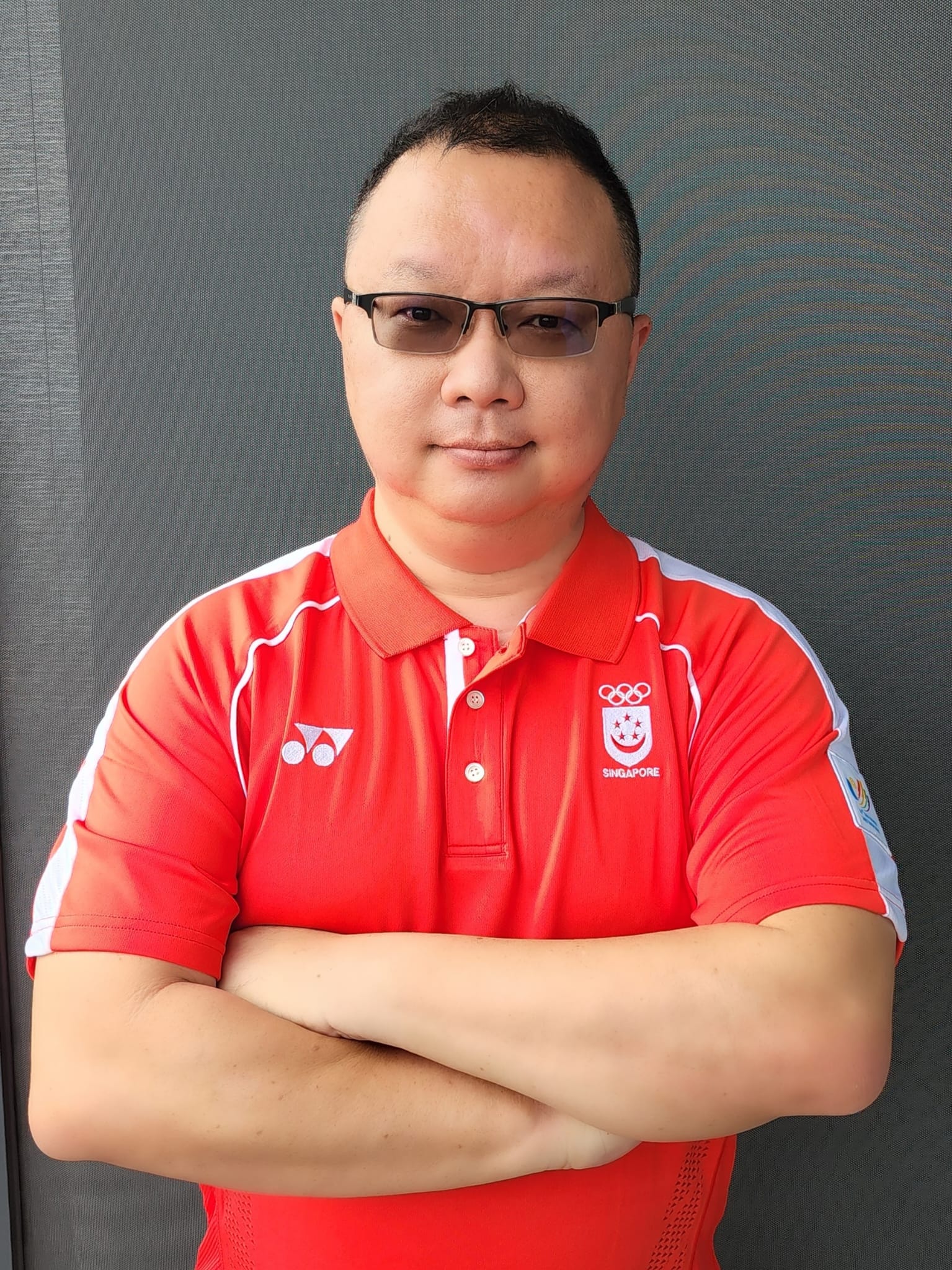
Kim Sun wants YOU for DSTA xiangqi!
